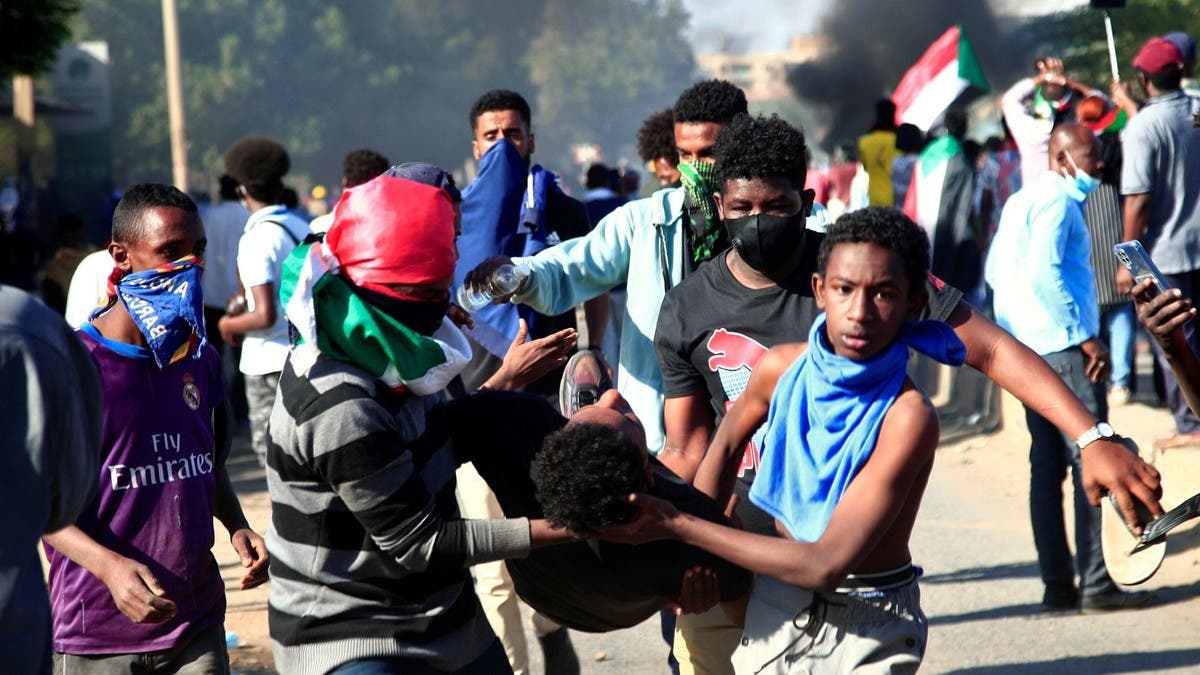The United Nations’ envoy to Sudan is due to launch talks on Monday aiming to resolve an escalating political crisis triggered by a military coup last year.
The coup, led by army chief General Abdel Fattah al-Burhan on October 25, derailed a power-sharing transition between the military and civilians that had been painstakingly put together in the wake of longtime autocrat Omar-al-Bashir’s ouster in 2019.
For the latest headlines, follow our Google News channel online or via the app.
Citizens have repeatedly taken to the streets in the last two months or so to demand civilian rule — sometimes in their tens of thousands — and at least 63 people have been killed amid a violent crackdown, according to medics.
On Saturday, the UN announced that it would launch “intra-Sudanese talks on Democracy and Transition” and the special representative to Sudan Volker Perthes is set to hold a news conference to that end at 2:00 pm local time on Monday.
But the response from key civilian factions in Sudan has been lukewarm.
“We have yet to receive any details about the UN initiative,” said Jaafar Hassan, a spokesman for the mainstream faction of the Forces for Freedom and Change, the leading civilian grouping.
“We are willing to take part in the talks on condition that the purpose is to resume the democratic transition and remove the coup regime, but we are against it if these talks seek to legitimise the coup regime,” he told AFP on Monday.
On Sunday, the Sudanese Professionals Association, another key faction, said it completely “rejected” the UN-facilitated talks.
Perthes said Saturday that the “UN-facilitated intra-Sudanese political process aims at supporting Sudanese stakeholders to agree on a way out of the current political crisis as well as a sustainable path forward towards democracy and peace.”
The UN’s move has been welcomed by the United States, United Kingdom, the United Arab Emirates, Saudi Arabia and Egypt.
Burhan has insisted that the military takeover “was not a coup” but only meant to “rectify the course of the Sudanese transition.”
Authorities have repeatedly denied using live ammunition in confronting protesters and insist scores of security forces have been wounded during demonstrations that have often “deviated from peacefulness”.
A November 21 deal saw Prime Minister Abdalla Hamdok reinstated, after he spent weeks under house arrest in the wake of the coup.
But Hamdok resigned last week, saying he had tried to prevent Sudan “from sliding toward disaster”, but that the country was now at a “dangerous crossroads threatening its very survival.”
The UN Security Council is to meet on Wednesday to discuss the situation in Sudan.
Read more: Sudan PM’s decision to resign throws country further into the abyss

 World2 years ago
World2 years ago
 World2 years ago
World2 years ago
 Entertainment7 years ago
Entertainment7 years ago
 World7 years ago
World7 years ago
 Entertainment7 years ago
Entertainment7 years ago






